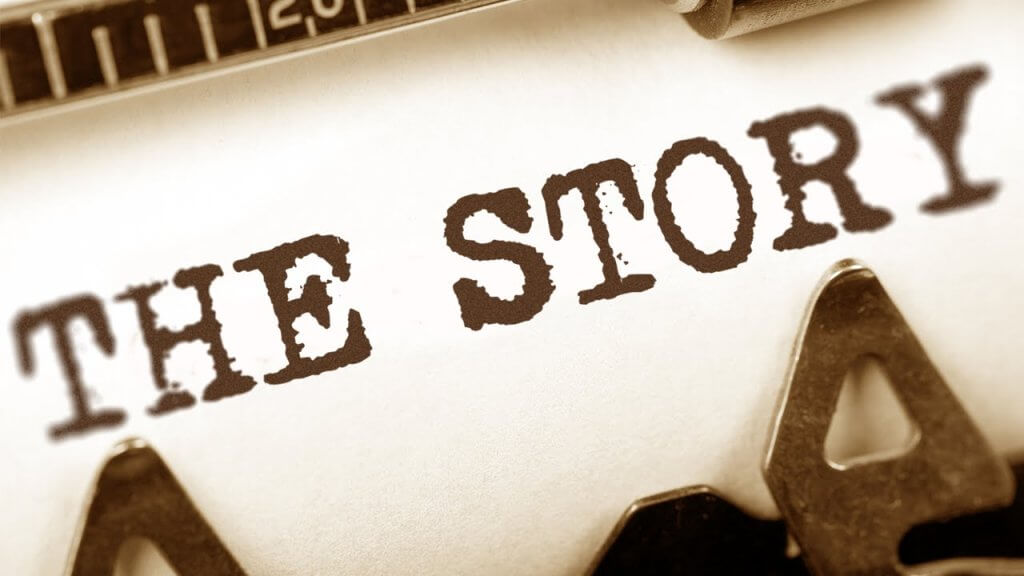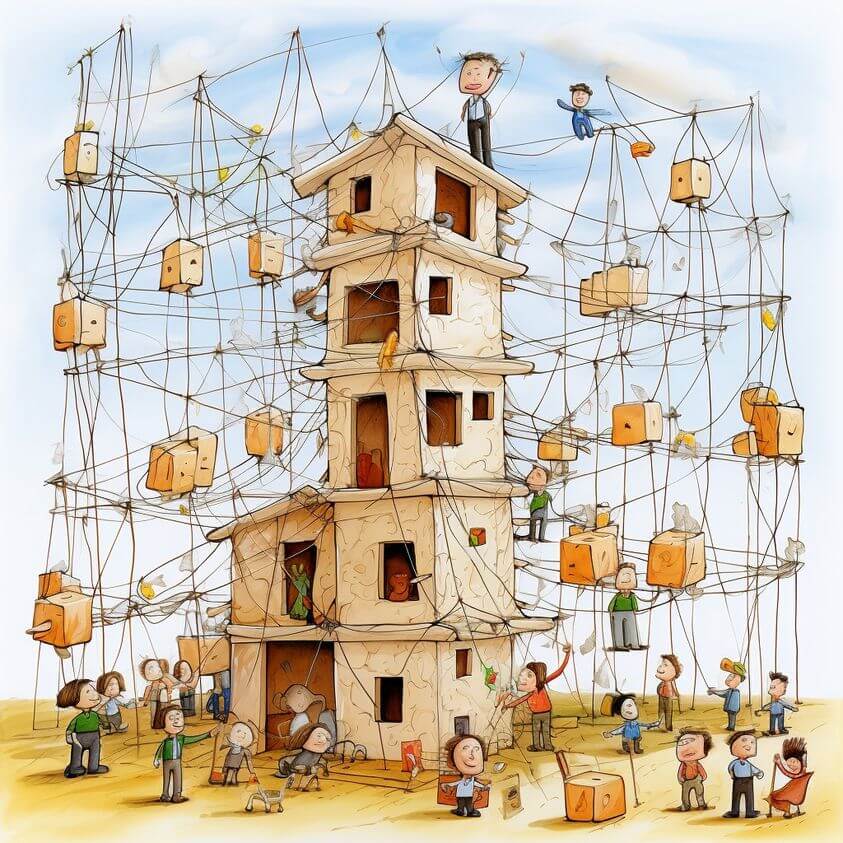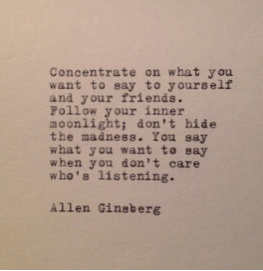 My Life, as Told in Story Ideas
My Life, as Told in Story Ideas
In the world of writing, more specifically scripts and screenplays, everyone knows that we don’t share our story ideas. You cannot copyright your ideas or concepts, so by putting your story ideas online, you are vulnerable. Agents and editors don’t steal stuff; it’s other writers who are more likely to steal ideas. I do not advise posting fiction excerpts online just to see what happens. I’ve seen ideas get taken before, and I always advise writers on the safe side. It turns out my life is ongoing story ideas and I wouldn’t want it any other way.
Once you’ve put your ideas out there on the web or told other writers about them, there is absolutely nothing you can do about it if someone decides to “borrow” your story. This also applies to ideas we have for products, courses, and programs within our businesses.
Several years ago I did a presentation at my live marketing event where I discussed the concept of becoming a local celebrity. One my guest speakers then said in front of everyone that she liked this idea and was going to use it as well. I did not reply at the time, and a month or so later she released a course on this exact topic.
Because I had written about this in several of my books, presented it at both live and virtual events, and even created an online course called Become a Local Celebrity, I did not feel the need to defend myself. She went out of business due to a lack of sales a couple of years later and is now in academia. This was even better for my reputation, as it proved that even if you steal a popular and proven concept that belongs to someone else, it does not guarantee it will resonate with your audience.
That means, if you have a high-concept premise, you may not want to share it with others unless you’re submitting a finished manuscript to a literary agent.
On the other hand, even if someone did steal the idea or premise of your novel, there’s little chance that they will write the book in such a way as to make it recognizably similar to your own.
Now, let’s get back to my precept and belief that I think of my life as ongoing story ideas. Does this make me more likely to go out of my way to have experiences that would make interesting stories? Not in the least. My life used to feel commonplace and mundane to me, but that was before I proclaimed myself to be a writer. These days I can go to the grocery story and come back home with a story idea that feels unbelievable, at least at first.
Story Idea: I was born in California, but my mother took us to Florida when I was almost twelve. The people and events I knew and experienced over the next several years would change my life forever. I’ve written about friends, neighbors, and hurricanes as a part of my life experience. Which story shall I share next, and how could I tie it into current events?
Are You a Plotter or a Pantser? Structure Vs Freedom
At the core of a plotter and pantser are Structure and Freedom respectively.
Plotter: outline before you write
Pantser: write as you go
Right away, you can see that they are two ends of a spectrum.
In the professional writing world, there are plotters (those who plan out every detail of their scripts in advance) and pantsers (those who write by the seat of their pants and when the mood strikes them). You can guess which group is more successful! Anything worth doing is worth doing well, and having at least an outline of what you’ll do in your business in advance makes everything come together quickly and more easily.
What about being spontaneous and creative and free-spirited? Yes, that’s important, and I always have time and space available for something that comes up that I want to be a part of, personally or professionally. But I can only do that because of my daily focus on consistency and productivity. I had to become more disciplined in order to more easily release my free spirit, if that makes any sense to you.
Let’s get back to looking more closely at these two, very different styles. A pantser is a term most commonly applied to fiction writers, especially novelists, who write their stories “by the seat of their pants.” The opposite would be a plotter, or someone who uses outlines to help plot out their novels.
A plotter is a term most commonly applied to storytellers who like to plot their stories before writing them. A common tool used by the plotter is an outline that acts as a sort of road map or guide for writing the story.
Not only do some professional writers tend to prefer to write a story without an outline so they can keep the intrigue of a new story going all the way through his first draft, but they also prefer to write his first drafts longhand.
Are You Ready to Kill Your Darlings?
The phrase “kill your darlings” means eliminating any part of your writing — characters, scenes, sentences, side plots — that, while you might love them, don’t serve your story. It’s often attributed to William Faulkner, though the earliest use comes from Arthur Quiller-Couch’s 1916 book, On the Art of Writing.
Story Idea: A family with the surname Darling is found murdered in their beds while on a vacation in Cape Cod. It is only after a local detective makes the connection with a screenwriter from Utah who has a summer home in this area that he realizes what actually occurred.
Yes, I have killed many of my darlings over the years. Although this can be an excruciatingly painful process for me in the moment, I am able to look back on my work and see that my writing continues to improve as a result of this harsh and ruthless editing strategy.
It took me decades to finally have the confidence to tell the stories I wanted to tell. I often think of this quote by Allen Ginsberg, and how his words gave me the courage to write every day and share the stories that were hiding deep inside of me. Story ideas are a dime a dozen, until you realize you won’t be around forever to add your experiences to the lexicon of human existence.
I’m bestselling USA Today and Wall Street Journal author Connie Ragen Green. Come along with me, if you will and together we shall discover the secrets of the universe and create our own meaning of life.


Leave a Reply